Leisure agriculture is the most important industry related to rural revitalization and counter-urbanization. This thematic area will concentrate on four subtopics: eco-resort manor; pastoral complex, leisure farming and shared farm; food agriculture education, and homestay tourism. Other topics relating to leisure agriculture are also welcomed.
Thematic areas of the congress
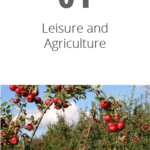
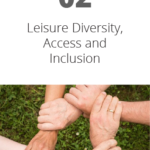
The thematic area will gather studies of integrated practices, projects or services that highlight awareness for accessibility at community level and broaden leisure opportunities for people with disabilities or specific needs, with an emphasis in projects with interdisciplinary curriculum, designed and developed for the effective integration in society.
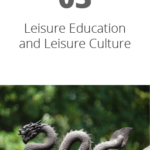
This thematic area will present studies, projects and methodologies designed to increase the understanding of the role of education in, through and for leisure. The thematic area will also present works dedicated to the paths through which individuals and groups acquire the knowledge, skills and attitudes that inform and enhance their leisure functioning. Proposals for valuable leisure experiences, for autonomy in free time and for the development of playfulness, as well as other topics related to leisure education are also welcomed.
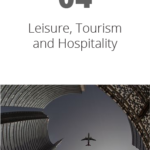
This thematic area attracts attention from both academics and professionals. It will concentrate on studies presenting integration of culture and tourism, niche tourism (dark tourism, golf tourism, etc.), or all-for-one tourism from the perspective of leisure. Other topics relating to tourism leisure are also welcomed.
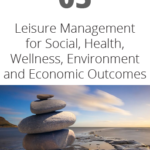
This thematic area will concentrate on papers that present research and practice about leisure management’s capacity to innovate and deliver programs, facilities and services to address social, health, wellness, environment and community economic outcomes. Other areas related to leisure management are also welcomed.
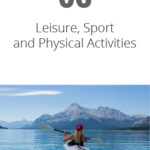
This thematic area that will present studies, projects and methodologies designed to increase the understanding of the role of sports in leisure. Subtopics include but are not limited to sports leisure and health, camp and outdoor exploration education / adventure, leisure time physical activity, Winter Olympic Games and urban sports leisure culture.
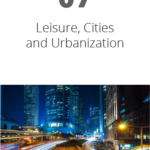
This thematic area will present research and intervention projects that discuss and recognize the role of urban planning and public spaces in leisure opportunities in cities. It will include but not limited to examinations of the impact of urban planning and its related spaces on leisure experiences of citizens.
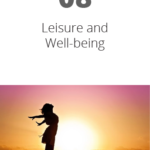
Well-being can be discussed as an objective state, in terms of the facts of people’s lives (for example, health, education, or employment), as well as a subjective experience in terms of how people experience and feel about their lives. This area will focus on how leisure can encompass individual, social, and environmental components of peoples’ lives integrating pleasure and a sense of meaning in life, which means considering subjective and psychological well-being.
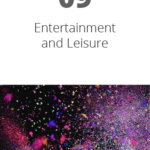
Studies about traditional practices of entertainment and leisure will be presented in this thematic area. Subtopics include but are not limited to film, television and leisure life, theme parks and recreational leisure innovation, diversification of recreation and leisure (family recreation, elderly recreation, recreation and leisure space creation, etc.). The goal is to fully mobilize the forces of academia, industry, government, media and other parties who are interested in entertainment and leisure. This theme also aligns with the orientation of Beijing Cultural Center and City of Film and Television.
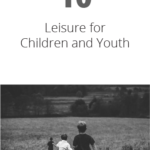
The survey and consolidation of leisure interests should aim at humanizing experiences while attending to the diversity of cultural manifestations that occur in children and youths’ free time. The thematic area will focus on research and explanations related to the best practices in leisure for children and youths.
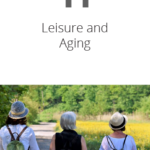
This thematic area will present studies, projects and methodologies designed to increase the understanding of the role of leisure in contributing to the enhancement of older adults’ quality of life. It will also support programs aiming to improve the access to leisure of older people, expanding their opportunities for social, cultural and political participation.
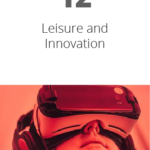
Leisure and Innovation will concentrate on works about innovative developments in leisure. These include but not limited to innovation in leisure businesses, initiatives in digital leisure, the role of leisure in creative industries, exploring the ways in which innovation refers to leisure and breaking conventional patterns and creating new opportunities.
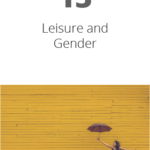
This thematic area will gather works that highlight different aspects of gender in relation to leisure. These include but not limited to studies focusing on the relations between masculinities and femininities involved in leisure practices as well as the recognition and respect for sexual and gender diversity.
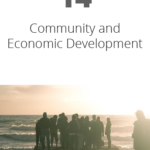
Papers of this thematic area consider leisure as a human right and an opportunity to overcome challenges and barriers that threaten social cohesion. It could incorporate solutions to strategically transform individuals, cities and communities for increasing capital and social justice.



